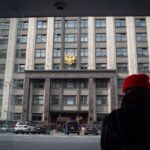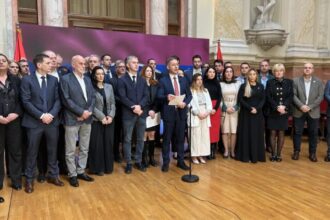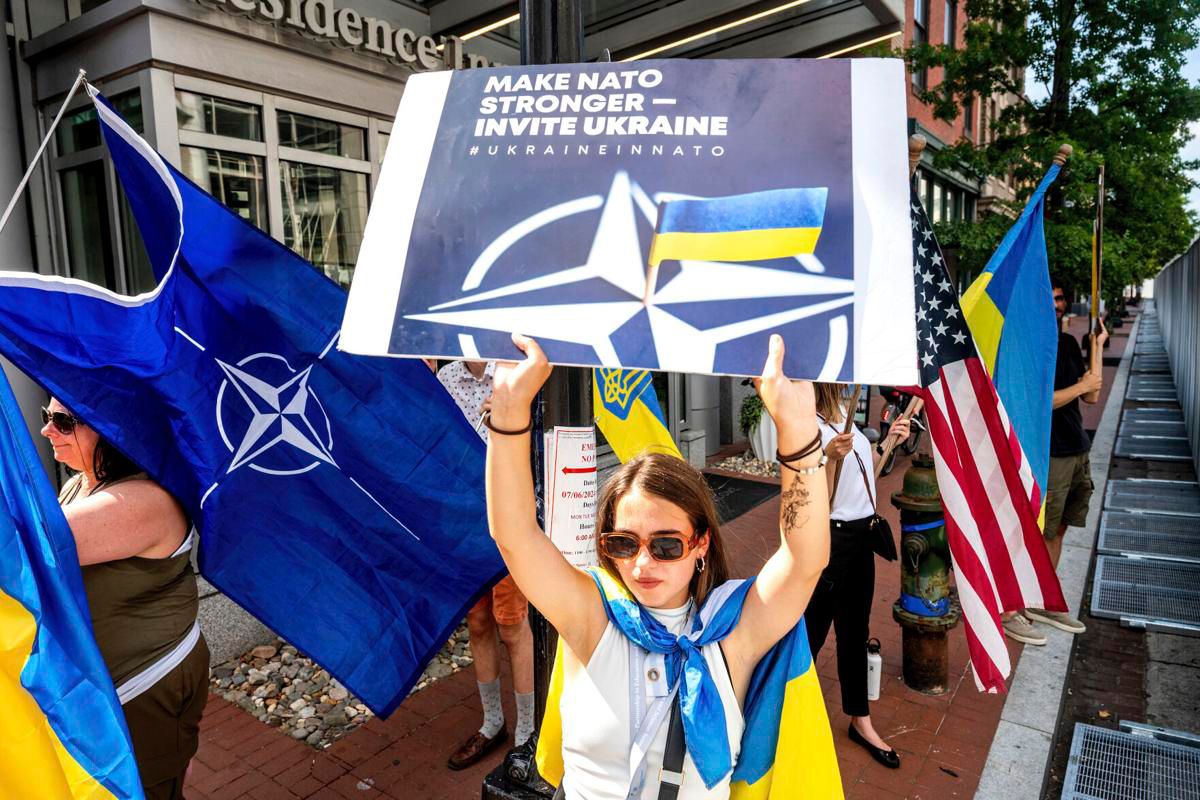Deterrence has a psychological component. It only works for as long as the enemy still finds NATO credible. This is no longer true.
If NATO wants peace, then it must have the courage to admit it can no longer deter the enemy or guarantee security. In its current form and shape, NATO could even be a liability that blocks the prospect of peace.
The Ukrainian Victory Plan is a pivotal moment in NATO’s history.
On 26 September, Zelenskyy delivered his plan for achieving a just and sustainable peace to Biden. Since then, it has been presented to Vice-President Kamala Harris and former President Donald Trump as well as the UK, France Italy, Germany, Ukrainian Parliament, European Council, NATO, and the European Council.
NATO membership is an important element of the plan. The plan includes requests for improved intelligence, offensive and defensive capability, plans to strike within Russia, and increased NATO participation on and above Ukrainian territory.
The success of the plan depends on its international partners‘ political will.
The meetings have so far only generated a few public statements of support. The US and many European leaders approached the plan cautiously. Politicians, analysts and experts are more focused on the realism in Ukraine’s demands than what is at stake, which is a choice between Peace and War.
The Victory Plan doesn’t ask for anything beyond the realm of possibility. It asks only for the tools necessary to force Russia to accept an just and lasting peace.
It is still asking for things that some NATO members are not willing to provide. These include NATO membership, long range strike capabilities, permission to attack targets in Russia, Air Defence on NATO territory, as well as the defensive and offensive capability required to force Russia into accepting peace.
The Victory Plan of Ukraine is essential for European security and prosperity, as it strengthens Europe’s strategic autonomy.
Europe has been deeply worried about the slowing of economic growth for more than two decades. Mario Draghi is the former president of European Central Bank. He recently concluded that Europe could lose its strategic autonomy. He calls for an increase of EUR750-800 Billion in annual investments to combat the negative trend.
Read More @ euromaidanpress.com













